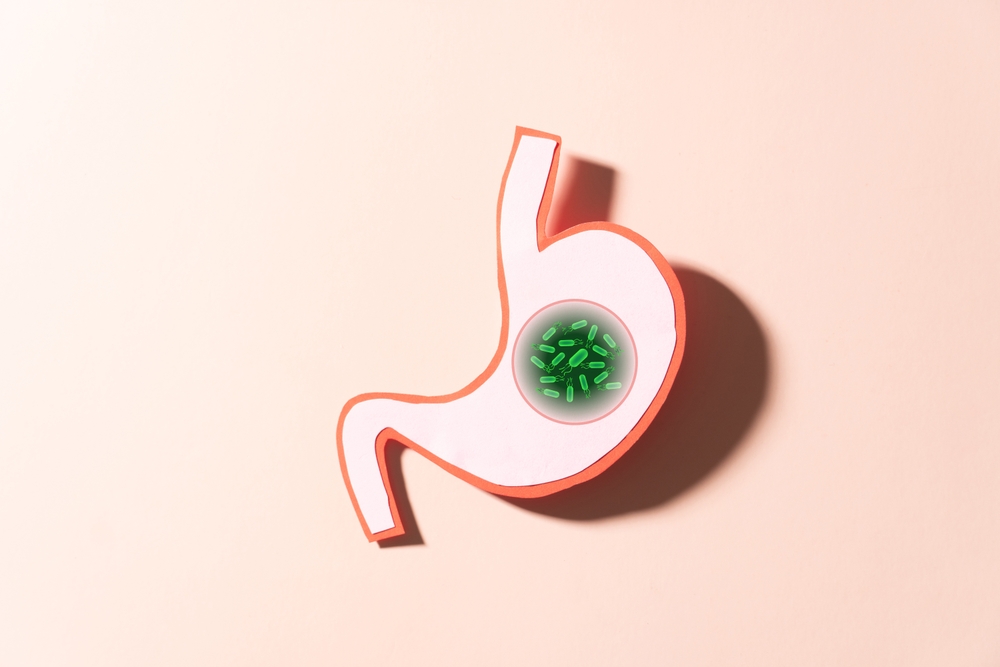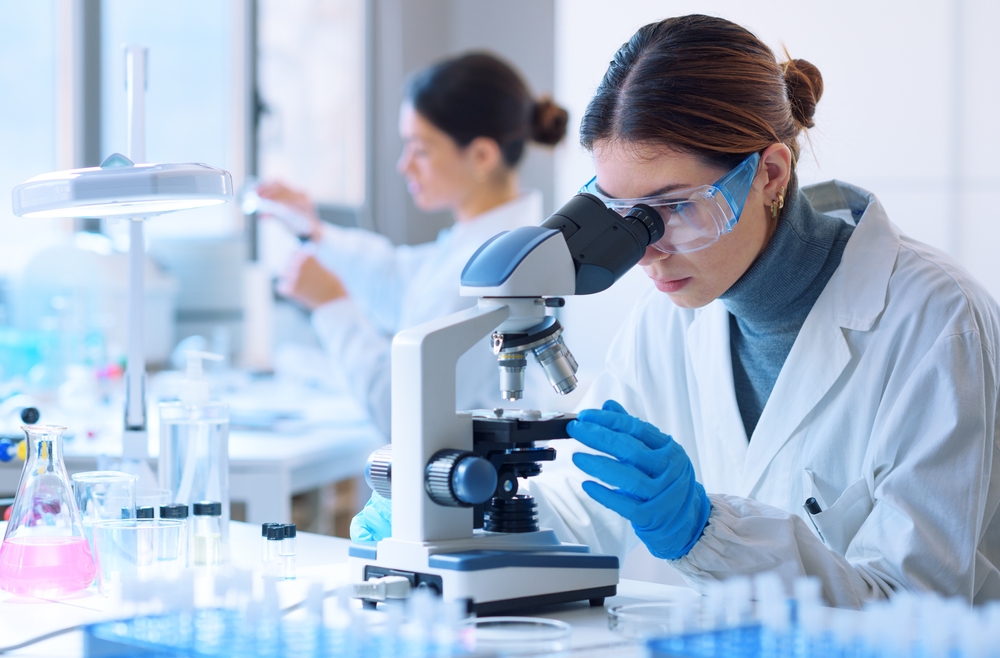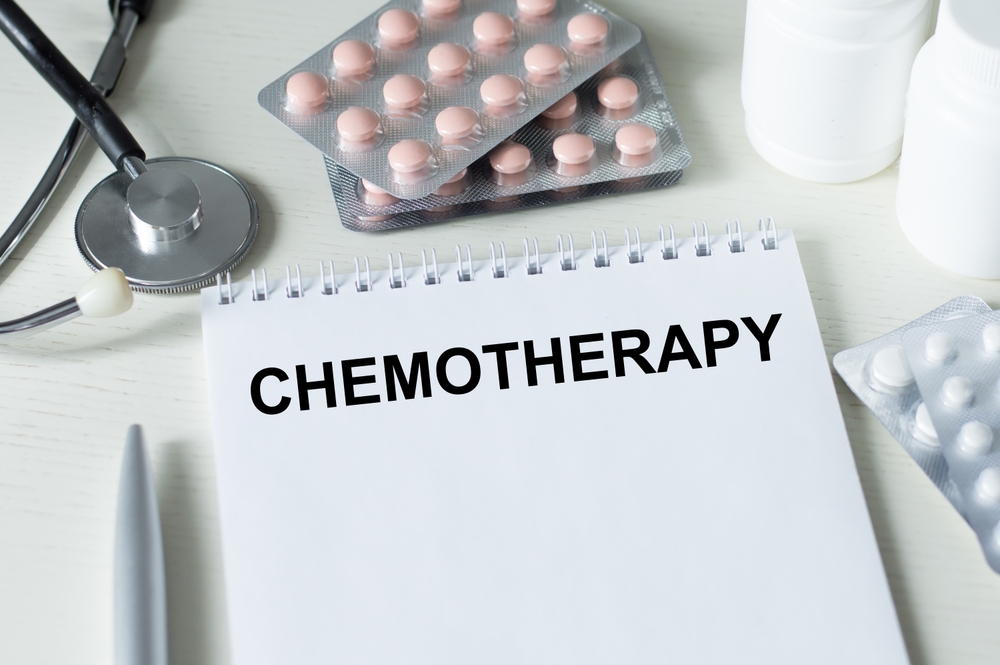Could gut health be the next frontier in cancer treatment?
By Siti Salihah
The gut microbiome—home to trillions of bacteria—plays a far greater role in our health than many realise. Research is uncovering how these microbes influence not just digestion and immunity, but also cancer development and treatment. Hence, the link between gut microbiome and cancer. While studies suggest that gut bacteria could be key to cancer prevention, we’re still just scratching the surface.
To delve deeper, we spoke with Dr. Sheikh Anwar Bin Abdullah, Consultant Gastroenterologist and Hepatologist at Sunway Medical Center. With expertise in managing gastrointestinal and liver disorders, as well as performing advanced procedures like endoscopic ultrasound and liver biopsies, he offers valuable insights into how gut health impacts disease progression.

1Twenty80: What is the current understanding of how the gut microbiome interacts with the immune system to influence cancer development?
Dr. Sheikh: The gut microbiome comprises microorganisms like bacteria, viruses, and protozoa, most of which reside in the colon. These microbes, weighing approximately two kilograms in total, play vital roles in digestion, immune system modulation, and nutrient provision to the human host.
When it comes to the interaction between the microbiome and the immune system in relation to cancer, several mechanisms have been identified:
- Direct Interaction:
Certain bacteria can directly influence cancer risk through their interactions with host cells:
- Helicobacter pylori (H. pylori) can trigger chronic inflammation in the stomach, progressing through stages like gastritis and ulcers, which may eventually lead to gastric cancer due to cellular changes.
- Similarly, some strains of Escherichia coli (E. coli) produce a toxin called colibactin, which directly damages DNA in host cells. This DNA damage is a critical mechanism that can lead to cancer development.
- Metabolite-Mediated Effects:
Some gut bacteria produce harmful substances like toxins or secondary bile acids, which can interact with host cells and promote cancer development. Conversely, beneficial metabolites like short-chain fatty acids (SCFAs) can protect against cancer by supporting a healthy immune response.
- Chronic Inflammation:
Persistent inflammation caused by microbial imbalance (dysbiosis) or infections (e.g., hepatitis B or C) can damage cells and increase cancer risk.
- Barrier Disruption:
Dysbiosis can compromise the intestinal barrier, allowing harmful bacteria or carcinogenic substances to interact with host cells, fostering tumor growth.
These mechanisms demonstrate how the microbiome’s balance and interaction with the immune system can either contribute to or protect against cancer.
1Twenty80: Can the gut microbiome’s role in cancer be more accurately described as causative, correlative, or both?
Dr Sheikh: The role of the gut microbiome in cancer can be described as both causative and correlative, depending on the context. For example, Helicobacter pylori (H. pylori) infection is considered causative in the development of stomach cancer, as it can lead to chronic inflammation, gastritis, and eventually cellular changes.
However, not all individuals with H. pylori infection develop cancer, indicating that other factors—such as genetics, environmental influences, and lifestyle—also play a significant role.
This highlights that while the microbiome can directly contribute to cancer in some cases, its overall impact often involves a combination of factors, making it both a causative and correlative element.

1Twenty80: In terms of cancer, how significant is the role of diet and lifestyle in shaping the gut microbiome?
Dr. Sheikh: Diet plays a significant role in shaping the gut microbiome and, in turn, its influence on cancer risk. A diet high in fibre is particularly beneficial because it provides nutrition for gut microbes to produce short-chain fatty acids (SCFAs). SCFAs are protective, reducing inflammation and potentially preventing tumour development. Similarly, the Mediterranean diet, rich in antioxidants, and plant-based diets contribute to a more balanced and stable microbiome.
On the other hand, diets high in ultra-processed foods, red meat, and alcohol can disrupt the microbiome, leading to dysbiosis—a condition where harmful bacteria outnumber beneficial ones. This imbalance can contribute to inflammation and other factors that increase cancer risk.
Lifestyle factors also matter. Regular exercise supports a healthy microbiome, possibly by reducing stress levels, which helps maintain emotional stability. Stress can disrupt the gut-brain axis and negatively impact the microbiome, often leading to poor dietary choices or conditions like irritable bowel syndrome (IBS), where microbial imbalances may exacerbate symptoms.
1Twenty80: How reliable is the current research on the link between the gut microbiome and cancer, given that many studies are still in early stages or use animal models?
Dr. Sheikh: The majority of current research on the gut microbiome and its link to cancer is still in the early stages. Many studies rely on animal models or preliminary findings, so while the data is promising, more robust and conclusive research is needed to fully understand this connection.
1Twenty80: Are there specific types of cancer that are more influenced by gut microbiome imbalances, or is the link more general?
Dr. Sheikh: Certain types of cancer, such as colon cancer, appear to be more influenced by gut microbiome imbalances, especially in individuals with specific genetic predispositions. For example, people with Familial Adenomatous Polyposis (FAP), which is linked to the APC gene mutation, have a high risk of developing colon cancer.
Studies suggest that in these cases, an imbalance in the gut microbiome can exacerbate the situation. Harmful bacteria may produce toxins and mediators that stimulate tumour growth, further increasing the likelihood of cancer in individuals who carry this genetic mutation.

1Twenty80: Are there any ongoing clinical trials exploring microbiome-targeted therapies or interventions specifically in terms of cancer, and what have been the results so far?
Dr. Sheikh: Currently, microbiome-targeted therapies for cancer are still in the early stages, and there are no specific treatments for cancer yet. However, microbiome-based interventions have been explored for other conditions, such as liver cirrhosis, cognitive impairment, Alzheimer’s, dementia, autism, and obesity.
One of the main approaches being tested is fecal microbiota transplantation (FMT), where feces from healthy individuals are transplanted into patients’ guts. This can be done through colonoscopy, or sometimes by encapsulating the good bacteria for oral ingestion.
While FMT shows promise, most of these studies are still in Phase 1, meaning they are at an early stage of testing. Some trials have faced setbacks due to side effects, and the long-term safety of the procedure is still unknown. Additionally, there are concerns about the potential transmission of diseases during the procedure.
One condition where FMT has shown notable success is in treating Clostridium difficile (C. difficile) infection, particularly in patients who develop the infection due to the overuse of antibiotics.
Antibiotics can disrupt the microbiome, allowing C. difficile to overgrow and dominate the colon, becoming a prominent pathogen. By transplanting fecal material from healthy individuals, FMT helps restore the balance of the microbiome, making it more effective than antibiotics in such cases.
For cancer, however, research into microbiome-targeted therapies is still in its infancy, and no conclusive treatments have emerged yet.
1Twenty80: Since you mentioned that FMT has recently been turned into capsules, what are your thoughts on supplements and probiotics in comparison to that?
Dr. Sheikh: Probiotics, found in fermented foods like yogurt, kimchi, and tempeh, contain beneficial bacteria that support the microbiome. While they can offer short-term benefits, such as helping maintain a healthy microbiome and preventing side effects like antibiotic-associated diarrhea, they are not a long-term solution for cancer prevention.
Cancer is influenced by many factors, including genetics, environment, and diet. For example, a Western diet high in processed foods may disrupt the microbiome, which could contribute to conditions like early-onset colon cancer.
However, while probiotics can help restore beneficial bacteria, there isn’t enough research to confirm they can protect against cancer. Their primary benefit is in helping to maintain a healthy microbiome, but they are not a guaranteed solution for cancer prevention.
1Twenty80: Many people are now focused on “gut health” and may make drastic dietary changes. What advice or guidelines would you give to help them make more informed and safe choices?
Dr. Sheikh: The most important thing is to maintain a balanced, healthy diet that includes carbohydrates, fibre, protein, and fats. This is essential for nourishing your microbiome. While adding probiotics to your diet can be helpful, it’s not necessary to take them every day. Many foods already contain prebiotics and beneficial bacteria that support gut health.
Focus on eating a variety of whole foods, including fibre-rich foods, and try to limit or avoid ultra-processed foods. While making these changes might be challenging, they’re the best way to support your gut health in the long term.
1Twenty80: You mentioned earlier how antibiotic use can disrupt the balance of gut microbes. How does this imbalance potentially impact cancer risk?
Dr. Sheikh: Antibiotics can disrupt the gut microbiome, leading to dysbiosis, which can increase the production of toxins. While there’s no clear evidence that this directly accelerates cancer progression, it can potentially interfere with cancer treatments like chemotherapy and immunotherapy. Antibiotics may reduce the effectiveness of these therapies because they can alter the microbiome, impacting beneficial bacteria that help reduce inflammation.
There is ongoing research into fecal microbiota transplantation (FMT) as a way to restore gut health during cancer treatment. However, it’s still in the early stages. One concern is that chemotherapy patients often have a weakened immune system, and introducing live bacteria through FMT could increase the risk of bacteremia, which is a serious infection. While the potential benefits are being studied, the risks need to be carefully considered before FMT becomes a common part of cancer care.
1Twenty80: Does chemotherapy directly alter the gut microbiome?
Dr. Sheikh: Yes, chemotherapy does alter the gut microbiome. It can disrupt the balance of bacteria in the gut, and this is important because some bacteria can actually promote cancer growth, while others can help chemotherapy or immunotherapy work better.
For instance, some beneficial bacteria can reduce inflammation or strengthen the immune system, which helps the treatment fight cancer more effectively. The problem is finding the right balance—how to reduce the harmful bacteria that may make cancer worse, while preserving the good bacteria that support treatment. This is an area that researchers are still studying to understand more clearly.

1Twenty80: What is your opinion on integrating gut microbiome screening as part of regular cancer prevention and detection protocols?
Dr. Sheikh: Integrating gut microbiome screening into cancer prevention could be beneficial since it’s non-invasive. The idea is that by analyzing the microbiome, we might be able to predict which individuals are at higher risk of developing cancer based on their specific gut bacteria.
However, we’re still in the early stages. The microbiome varies greatly between individuals and is influenced by factors like diet, stress, and obesity, which makes it challenging to create a standardized screening approach.
That said, with advancements in artificial intelligence, there’s potential to isolate specific bacteria linked to cancer risk in the future. Once we gather more data and establish these links, microbiome screening could help identify individuals at higher risk, allowing them to make dietary changes or other adjustments to reduce their risk. But right now, more research is needed before it can become a routine part of cancer prevention.
1Twenty80: With growing interest in gut health, how can healthcare professionals better educate people about its genuine role in cancer prevention, while discouraging pseudoscience and extreme dietary practices?
Dr. Sheikh: The focus should always be on a balanced, healthy lifestyle—adequate diet, regular exercise, and routine screening. While the microbiome is important, it’s not a magic solution for cancer prevention. For those with cancer risk factors, such as a family history, the most important step is early detection through screening.
For example, if someone has a family member diagnosed with colon cancer at 50, they should begin colonoscopy screenings at 40 to detect and remove polyps, which can prevent cancer. But it’s crucial to remember that polyps take about 10 years to develop into cancer, so screenings should be scheduled at the right age, not too early. Right now, cancer prevention is more about these tried-and-tested methods, rather than jumping into extreme diets or trends that may not have proven benefits.
Join our 1Twenty80 Broadcast Channel today! Be the first to receive interview updates, behind the scenes snippets and happenings in Malaysia’s health scene!











